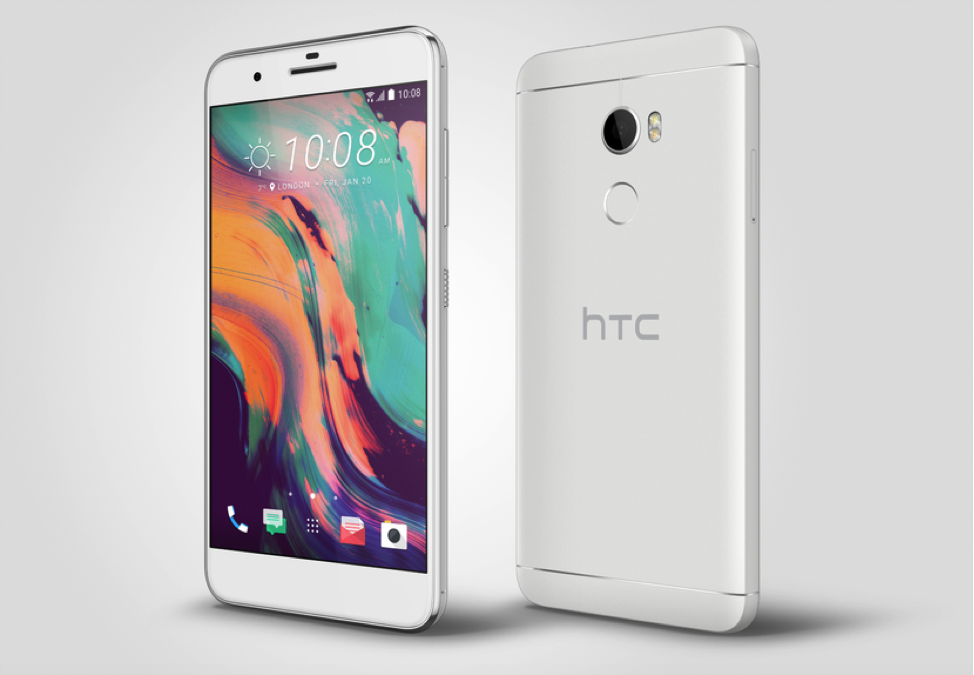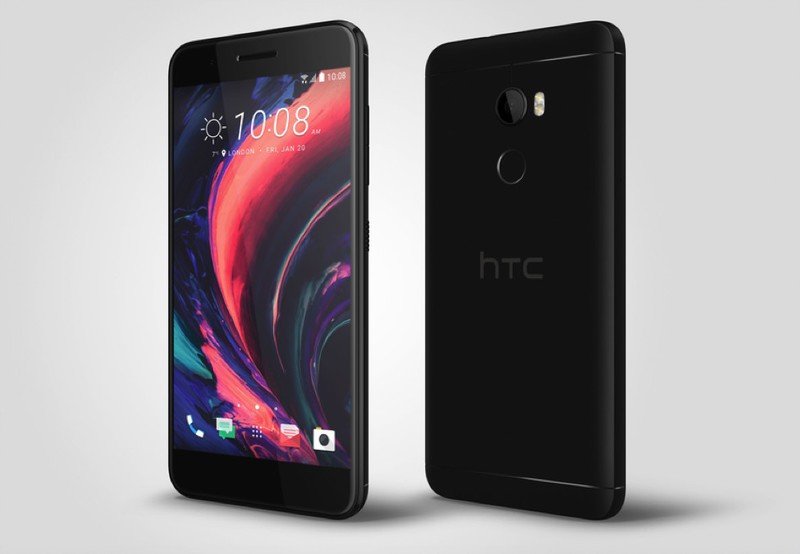HTC One X10 is official with 4,000mAh battery and metal body

HTC has announced the latest in its mid-tier "One X" family, the HTC One X10. Drawing from both old and new HTC design elements, the X10 packs a 5.5-inch 1080p display into a metal body, with an enormous 4,000mAh battery which the company claims can deliver up to two-day longevity.
Style-wise, it's reminiscent of the old "One M" series phones, with the addition of a fingerprint scanner around the back, while the front looks more like an HTC 10 with its fingerprint sensor lopped off.
On the inside, it's powered by a MediaTek Helio P10 processor, with 3GB of RAM and 32GB of storage, plus microSD. There's also dual SIM support, with both slots supporting 4G LTE. You've also got a pretty run-of-the-mill camera setup, with a 16-megapixel sensor on the back, behind an f/2.0 lens, and an 8-megapixel f/2.2 selfie camera.

HTC's Sense software is running the show, along with its Boost+ feature, that's supposed to help speed up performance. HTC neglects to mention which version of Android this is though, which is cause for concern because the company is shipping MediaTek-based phones elsewhere still running the ancient 6.0 Marshmallow. (The HTC U Play, for example.)
The HTC One X10 will go on sale in Russia later this month in black and silver color options, priced at 19,990 rubles ($355).
There's no word on any release outside of Russia just yet, nor is this is the kind of phone that's likely to see a widespread Western launch. In any case, my main takeaway is this: If HTC can cram such a large battery into a phone of this size, what was it thinking when it stuck the larger, flagship-tier U Ultra with a cell 25% smaller?
Be an expert in 5 minutes
Get the latest news from Android Central, your trusted companion in the world of Android

Alex was with Android Central for over a decade, producing written and video content for the site, and served as global Executive Editor from 2016 to 2022.
